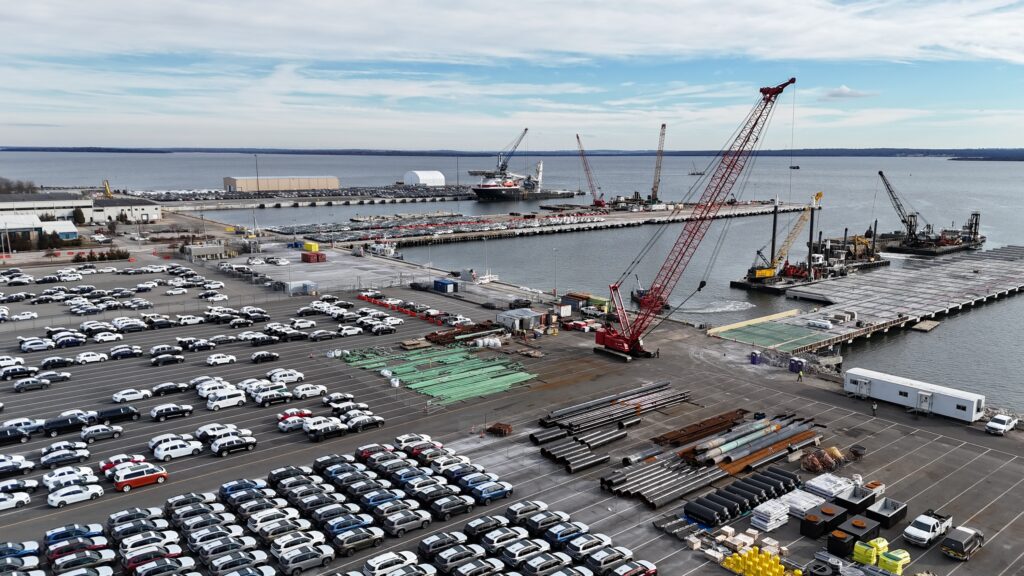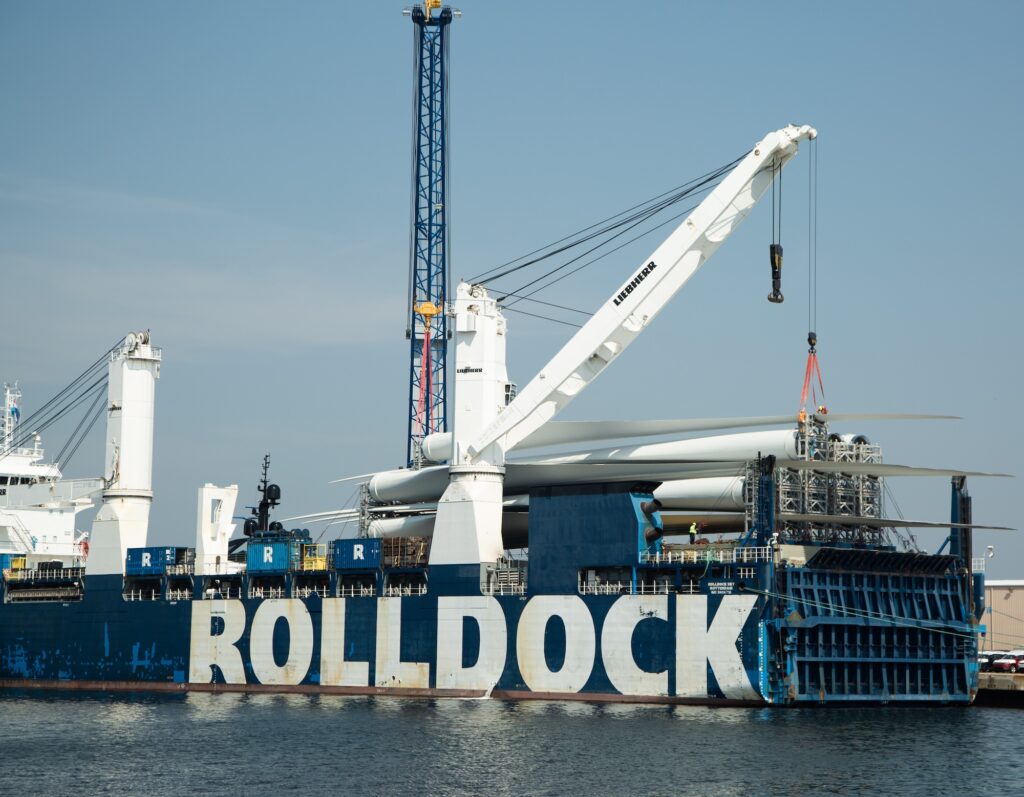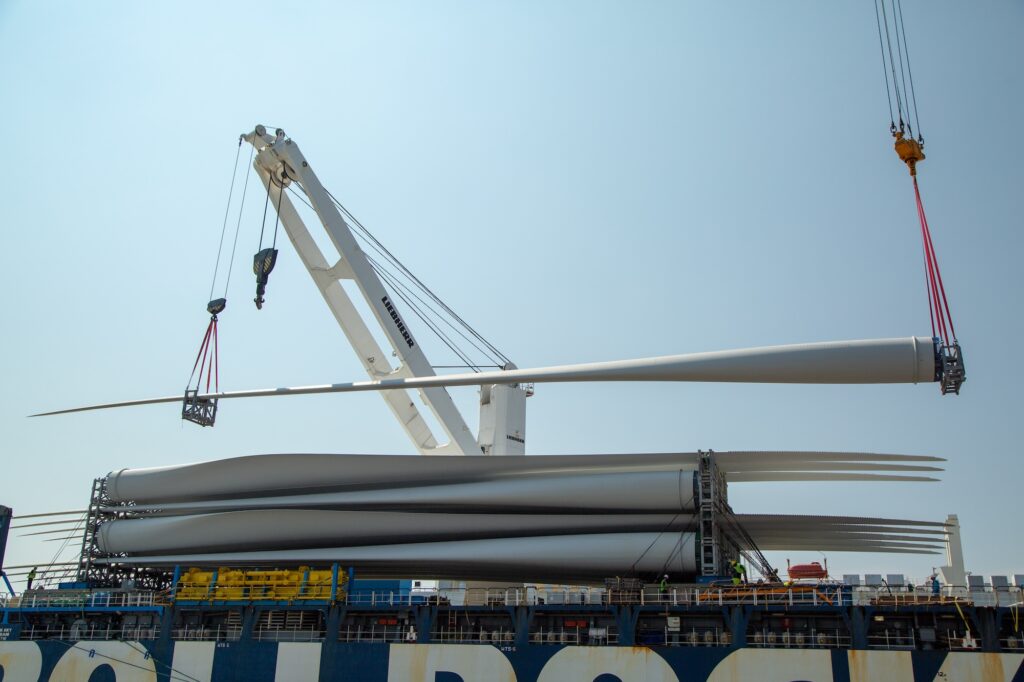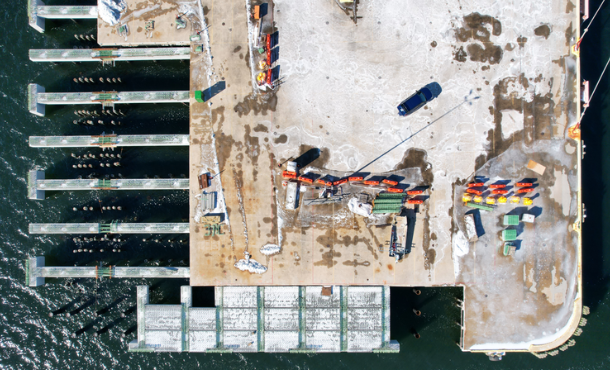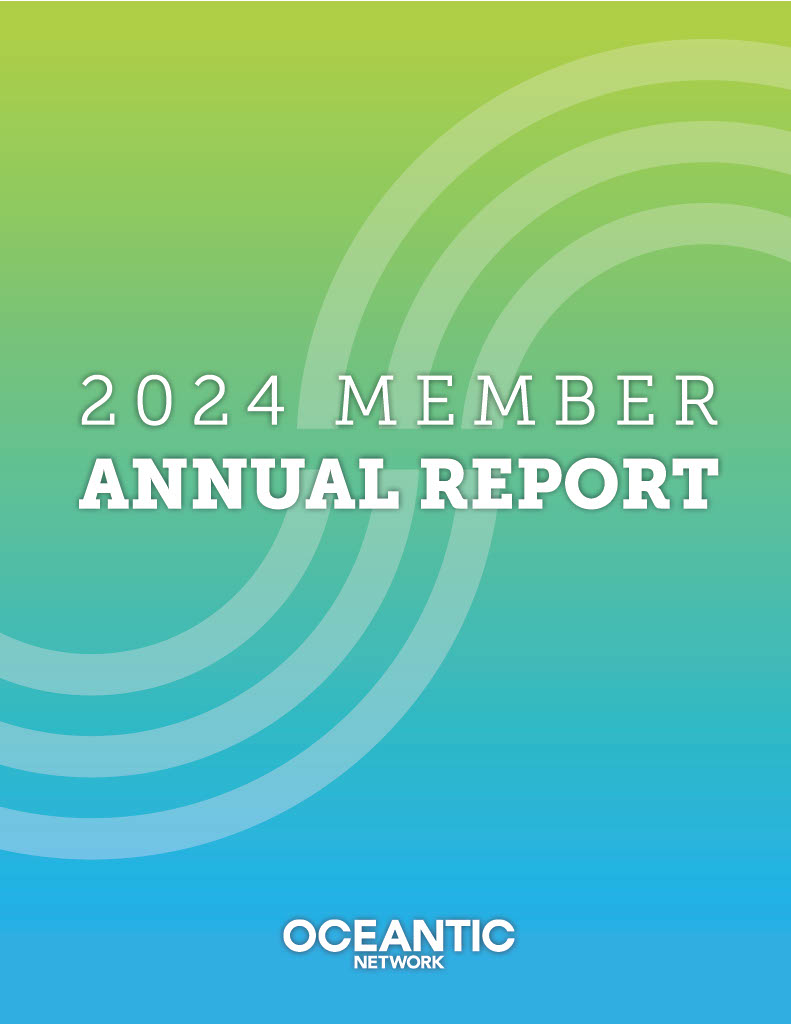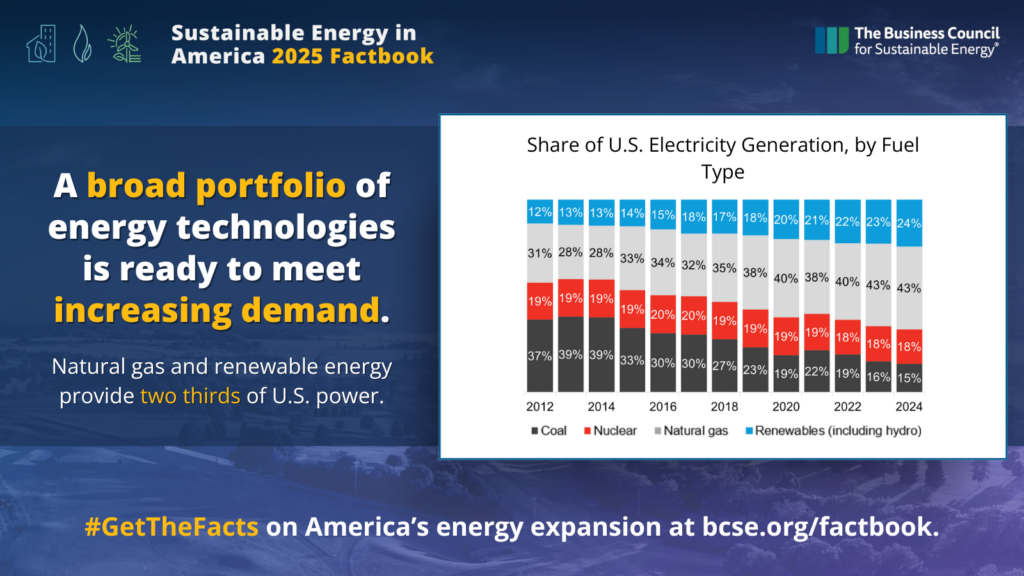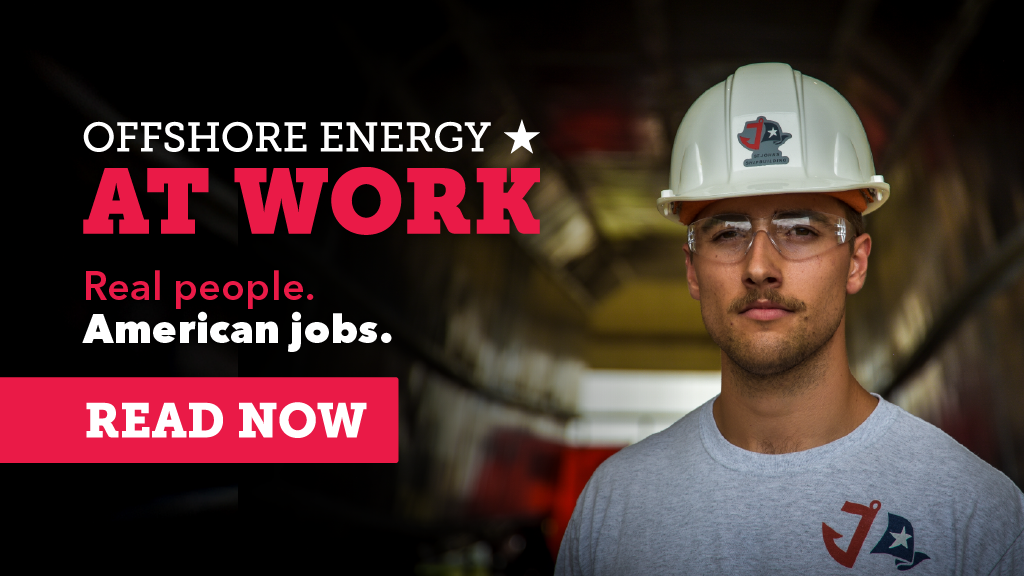Heliservice USA is the country’s only veteran-owned helicopter service, as well as the first and only helicopter service working on U.S. offshore wind projects. Based in Rhode Island, the company now services every commercial wind farm in the Northeast. Since joining the industry in 2023, Heliservice USA has experienced monumental growth, and that is no coincidence.
Heliservice USA points to three major benefits of using helicopters: safety, efficiency, and turbine uptime.
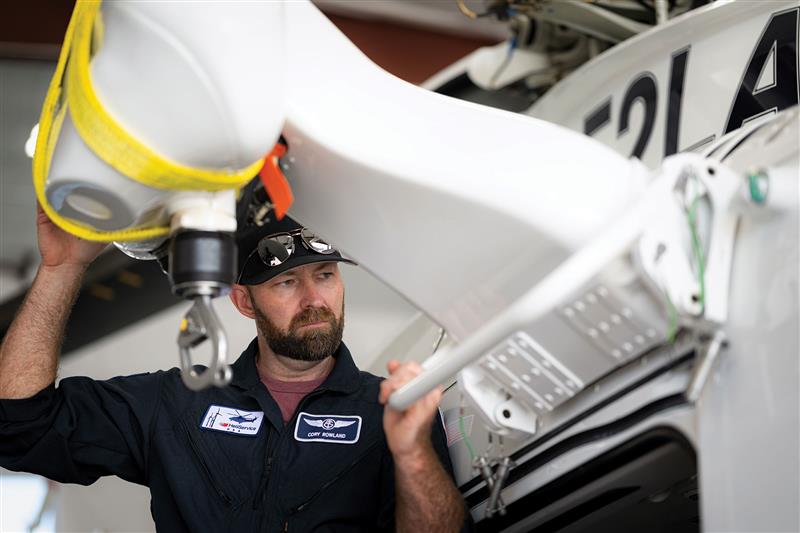
According to G+ data, helicopters are the safest transfer method, largely due to the high standards held for offshore operators.
Typically, it takes a crew-transfer vessel (CTV) anywhere between two to four hours to reach an offshore turbine. Helicopters are much more efficient, reaching speeds that are 7-10x faster than CTVs. This maximizes the amount of time technicians spend on platforms and reduces time wasted traveling to and from turbines.
Turbine uptime directly correlates to the economic potential of offshore wind turbines. An individual turbine can lose almost $50,000 worth of energy per day when inactive. Since helicopters travel very efficiently, they can quickly reach turbines that need repairs and put them back on the grid right away. Even during the winter, helicopters can maximize turbine uptime, a season when many vessels struggle to access platforms.
In 2024, Heliservice USA started hoisting operations for Vineyard Wind. As Heliservice USA gains traction within the U.S. market, the demand for industry-specific helicopter maintenance and production increases as well. Since its opening in June of 2023, Heliservice USA has transported over 17,000 passengers to offshore wind platforms. The company recently acquired a new hangar in Rhode Island to satisfy the growing demand.
Part of Heliservice USA’s success can be attributed to its employees, most of whom are veterans and pilots hired locally in Massachusetts and Rhode Island. With their prior experience in the aviation field, Heliservice USA has been able to maintain an unbroken streak of incident-free operations.
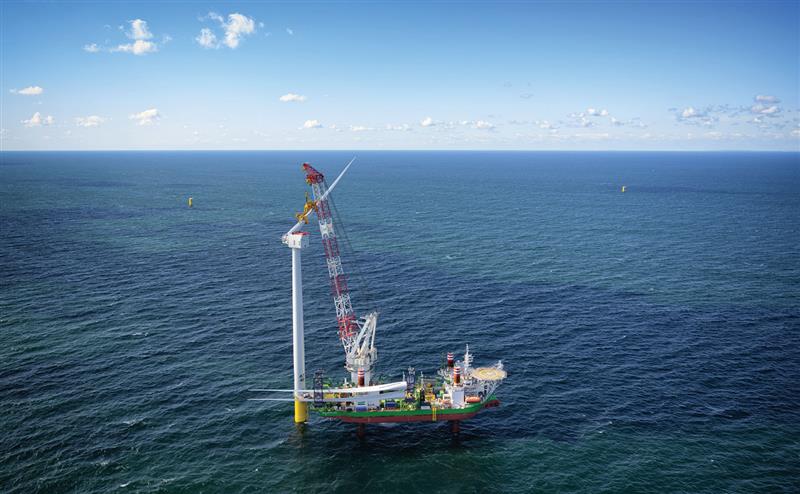
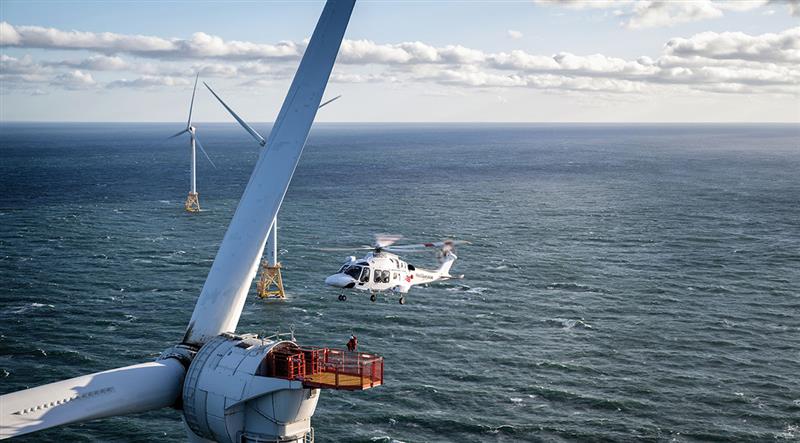
Oceantic: What does Heliservice USA currently want to achieve?
Michael: Primarily, to start building more helicopters into the base case. We want to do this by having objective discussions with folks about where to implement helicopters logistically.
Oceantic: What is Heliservice USA’s long-term outlook regarding the political and economic instability within the industry?
Michael: Certainly, for us, we are dependent on offshore wind. So, we keep our eyes out for it. That said, we’re very well positioned because we don’t have any speculative investments.
Oceantic: Why aren’t helicopters as widely used for offshore wind in Europe as they are in the U.S.?
Michael: In Europe, many of the turbines are very close to shore, and if the turbine is just a couple of hundred yards offshore, of course, you’re going to use a vessel. That makes sense.
However, there is no such thing as a “near-shore wind park” here in the U.S. Most platforms are 25 miles offshore, and with speed restrictions for vessel access, many developers struggle because it’s difficult to make a logistic solution work when everything moves at 10 knots.
It’s hard to undo the inertia in Europe, but the U.S. is a completely new clean slate.
Oceantic: How do offshore wind vessels and helicopters work together to serve the industry?
Michael: Helicopters and vessels augment each other well. Where helicopters are strong, sometimes vessels are weak and vice versa. Foggy conditions often mean there’s light wind and vessels can transit much faster. However, in windy states, helicopters maintain high production rates but there is limited access for vessels.
Oceantic: How do helicopters compare to vessels regarding their environmental impact?
Michael: Helicopters are far more environmentally friendly. When comparing carbon emissions, the numbers are drastic. A CTV can take hours to get to a platform and runs all day, burning a tremendous amount of fuel. Our helicopters can do the same job in a fraction of the time, and when they’re not flying, they’re not burning fuel.
Oceantic: Why do you think veterans fit so well within the offshore wind industry?
Michael: The general nature of offshore work is risky. Access means are difficult and that connects with military folks who are used to solving problems in hostile situations. The ocean is about as hostile as it gets, and you must treat it with a lot of respect. I think that’s one of the many reasons why this industry has such a large presence of military veterans.
Oceantic: Does HeliService USA hope to in some form give back to the veteran community or in what ways has this already been done?
Michael: We absolutely do. First, we support veterans by hiring them and giving them great jobs. Heliservice USA has also done several events for veterans, including the Navy SEAL Foundation in New York City, where we held paradrops and tours for Gold Star families.
Oceantic: Are there any areas where Heliservice is trying to incorporate new technology into its practices?
Michael: Heliservice USA has been pushing for self-sustainable aviation fuel. We’re not there yet in the US, but soon in a few years we’ll integrate that also in our fleet.
For more stories of the people and companies making American offshore energy work, follow us on LinkedIn and subscribe to the Offshore Wind at Work LinkedIn Newsletter.
All photos provided courtesy of Heliservice USA.

